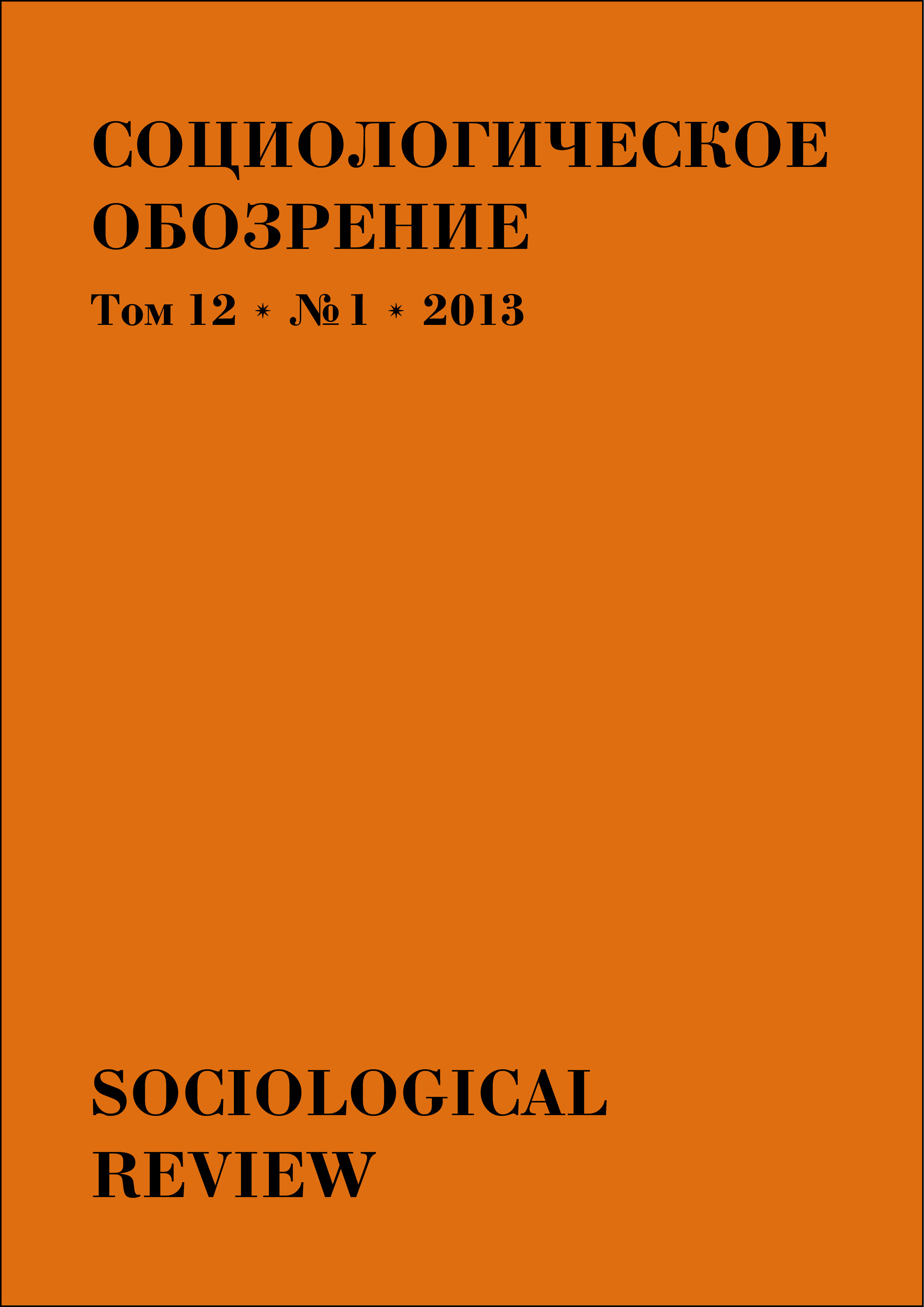Переписка о Шмитте и политическом
Ключевые слова:
Карл Шмитт, политическое, война, Хайдеггер, демократия, диктатура, полис, речь
Аннотация
Обсуждение концепции политического у Карла Шмитта принимает форму диалога. Философ Анатолий Ахутин ставит три вопроса: 1) О суверенитете: суверенен лишь тот, кто может ввести чрезвычайное положение, но не получится ли так, что чрезвычайное положение используется для утверждения и поддержания диктаторских полномочий? 2) О решимости. Что означает перекличка между Шмиттом и Хайдеггером? Можно ли говорить, что полнота экзистенциальной автономии обретается в монолитной экзистенции народа? 3) О речи и демократии. Не следует ли понимать политическое скорее как сообщество существ-обладающих-словом? Социолог Александр Ф. Филиппов отвечает на эти вопросы.
Скачивания
Опубликован
2013-06-04
Как цитировать
АхутинА., & ФилипповА. (2013). Переписка о Шмитте и политическом. Социологическое обозрение, 12(1), 34-47. извлечено от https://cfjournal.hse.ru/index.php/sociologica/article/view/207
Выпуск
Раздел
Schmittiana




